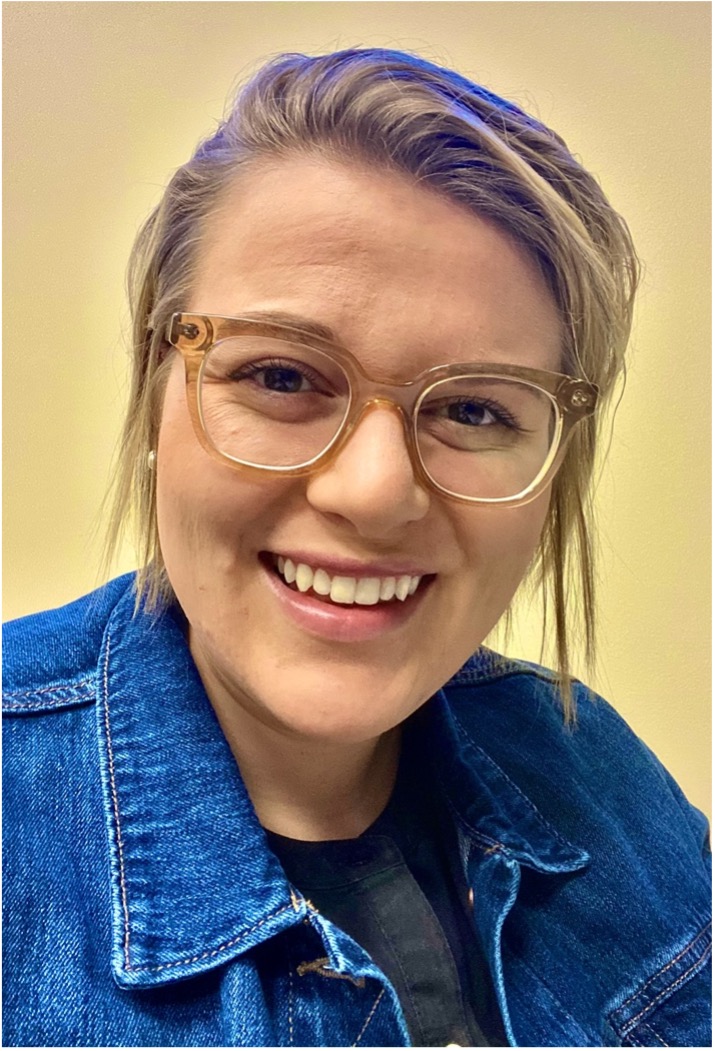During the National Hobo Convention last month in Britt, IA, I spent three long days spreading the word about the digital archival project that leaders of the hoboing and I have worked on for nearly a year now. This project is called Hobo Archive. Many folks were not familiar with the work we are currently doing, and many had no idea what constituted a digital archive. I paced up and down the hobo jungle in Britt as I spoke with people individually, handed out promotional materials, and gathered a sense of the many different preservation projects that a few hoboes created over the years. An overwhelming majority of the community expressed their enthusiasm and support for the long-term digital preservation of hobo history and culture. We talked about the cultural items they were interested in preserving, the stories they wanted to share, and the potential for utilizing digital technologies to support community participation amongst the hoboes in the writing of their own histories. Clearly, the hoboes are excited about Hobo Archive, which informs me that the archive has the potential to live well past my dissertation. My time at the convention informed my capstone experience this semester, which is largely focused on envisioning what this project might look long-term. I have been thinking a lot about what it means to create self-sustaining, community-driven digital scholarship and it is becoming increasingly clear to me we need to increase our digital scholarship and research capacity to seed and sustain digital projects on a broader scale.
First, there needs to be more support for the creation of graduate-level digital scholarship. We are blessed at the University of Iowa with the Digital Scholarship & Publishing Studio, our incredibly research library, and faulty support for digital scholarship across campus. However, not every university is as fortunate. Furthermore, students need more robust evaluative models of digital work that encourage the pursuit of digital research rather than discourage it. Second, grant-writing should be prioritized more in the humanities. Whether or not graduate students pursue digital research projects, the secrets of success to grant writing are not shared widely enough. Third, we need to have a more open and honest conversation about what scholars need as they pursue their digital research. The answer: more available funding and more institutional/departmental support. Currently, I am grappling with these queries as I sit at a critical juncture with my digital project. I am constantly worried that the absence of funding and resources will either make or break this important work because it is not just for our scholarly pursuits. It is also for the communities we work with as well. I look forward to navigating these challenging aspects of digital scholarship throughout my capstone experience this semester.
